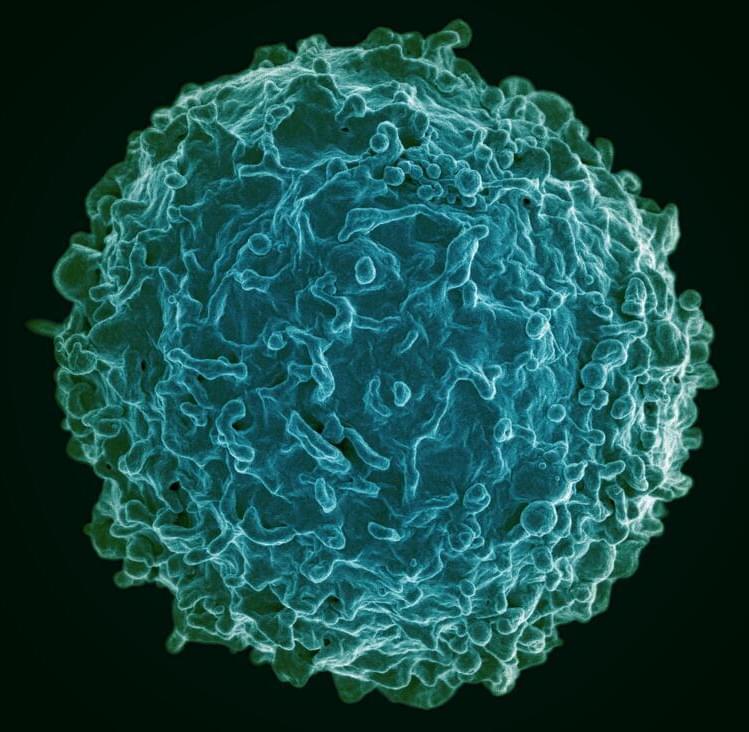What keeps some immune systems youthful and effective in warding off age-related diseases? In a new paper published in Cellular & Molecular Immunology, USC Stem Cell scientist Rong Lu and her collaborators point the finger at a small subset of blood stem cells, which make an outsized contribution to maintaining either a youthful balance or an age-related imbalance of the two main types of immune cells: innate and adaptive.
Innate immune cells serve as the body’s first line of defense, mobilizing a quick and general attack against invading germs. For germs that evade the body’s innate immune defenses, the second line of attack consists of adaptive immune cells, such as B cells and T cells that rely on their memory of past infections to craft a specific and targeted response. A healthy balance between innate and adaptive immune cells is the hallmark of a youthful immune system—and a key to longevity.
“Our study provides compelling evidence that when a small subset of blood stem cells overproduces innate immune cells, this drives the aging of the immune system, contributes to disease, and ultimately shortens the lifespan,” said Lu, who is an associate professor of stem cell biology and regenerative medicine, biomedical engineering, medicine, and gerontology at USC, and a Leukemia & Lymphoma Society Scholar. Lu is also a member of the Eli and Edythe Broad Center for Regenerative Medicine and Stem Cell Research at USC, and the USC Norris Comprehensive Cancer Center at the Keck School of Medicine of USC.










Leave a reply